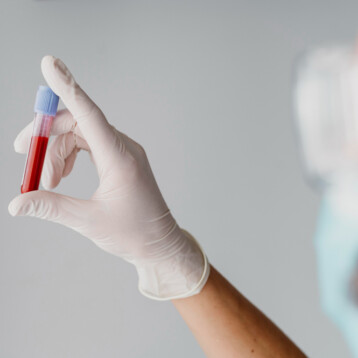|
Our immune system is composed of several components that together create a system that can sense, treat and remember foreign or non-self cells. One of the major components of this system is the killer cells, the cells that eventually deal with the intruder and destroy it using chemical reactions. These killer cells can be divided into two groups: innate cells and adaptive cells. The adaptive immunity depends mostly on T-cells, cells that must be presented with a foreign protein in order to recognize it and kill cells bearing this specific protein. The innate system, however, recognizes non-self molecules according to a specific pattern. This system is composed mainly of NK, PMN and M cells. As the researchers discovered, most of the immune response to cancer cells is mediated by the innate immunity system.
Using cancer-resistant mice, the researchers found that the innate immune system can dramatically affect the degree of resistance to and the regression of cancer in mammals. In genetically engineered cancer-resistant mice, the leukocytes (the killing cells of the immune system, commonly known as white blood cells) attacked the cancerous cells. After screening the leukocytes of those mice, the scientists concluded that the majority of them belong to the innate immune system.
Some immune systems can recognize cancer cells with a higher efficiency, and fortunately, this recognition ability is transferable from one person to another. As the scientists concluded, the innate immunity’s leukocytes in the cancer-resistant mice recognizes some molecules that are present in cancer cells, an ability that makes their immune system more efficient in fighting cancer. The team managed to transfer some of the innate leukocytes to wild-type mice, making them as resistant to cancer as the original cancer-resistant mice. The ability to transfer these resistant white blood cells may enable developing a new method for treating cancer.
The big question now is whether this can be applied to humans. In a successive research, blood samples from more than 100 people were examined for their ability to fight cancer cells. A huge variability in the ability to kill cancer cells was found between different individuals. Some people’s white blood cells managed to kill more than 97% of the cancerous cells in less than 24 hours, while others only managed to kill about 2% in the same time frame. Finding cancer-resistant humans with leukocytes that easily recognize cancer cells seems like a possible task. All we really need is to discover a safe way to transfer these cells between individuals.
More information on the research can be found here.
You are invited to discuss this research on the TFOT forum.











